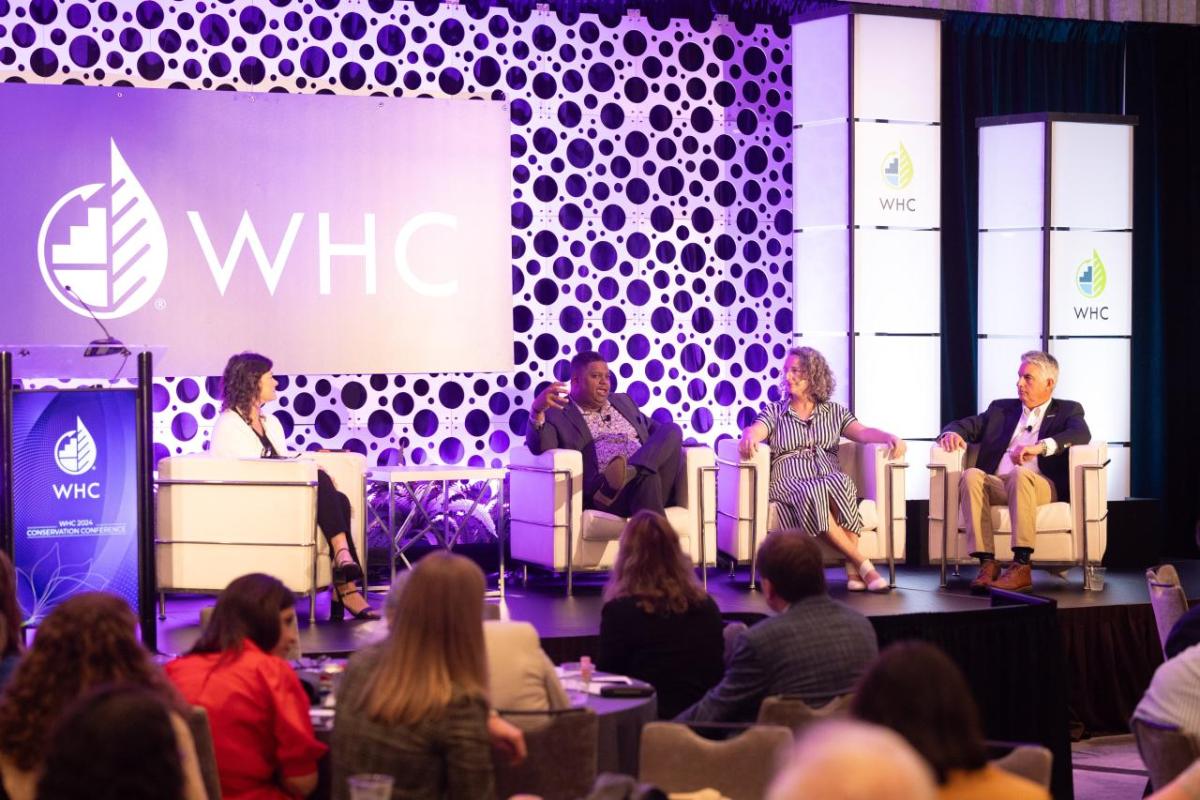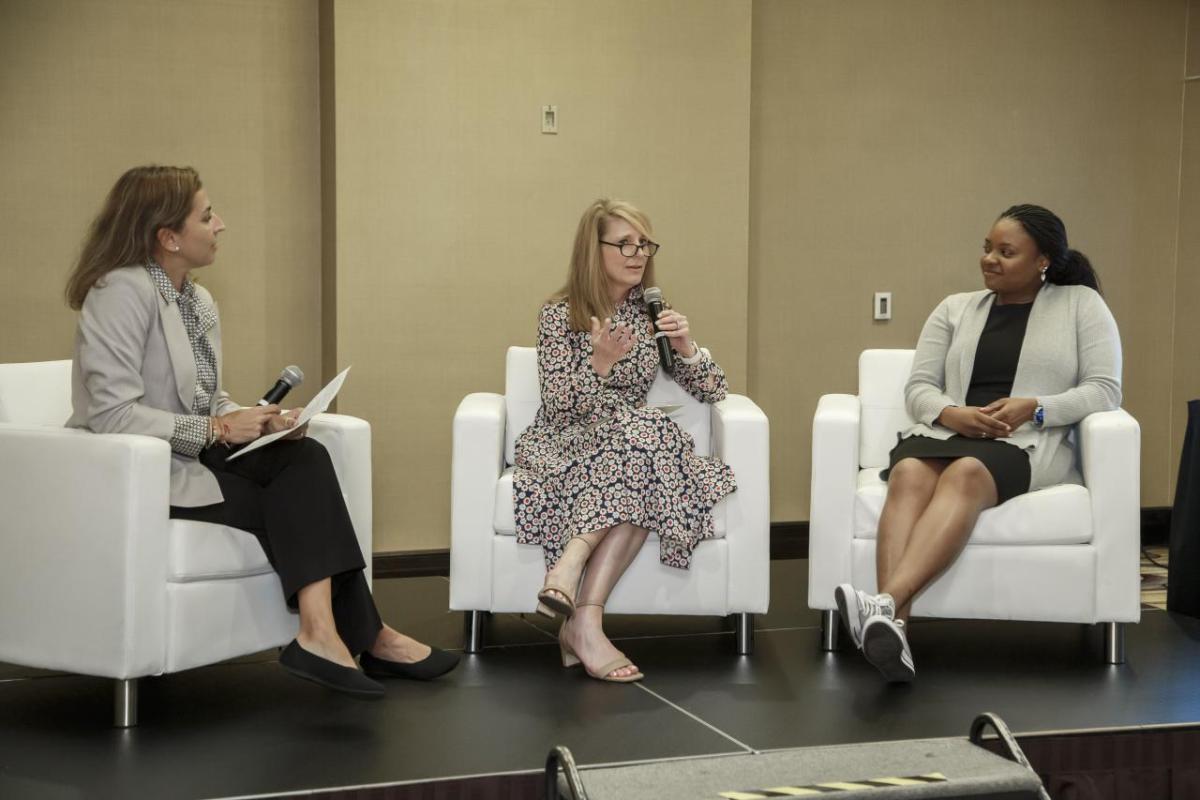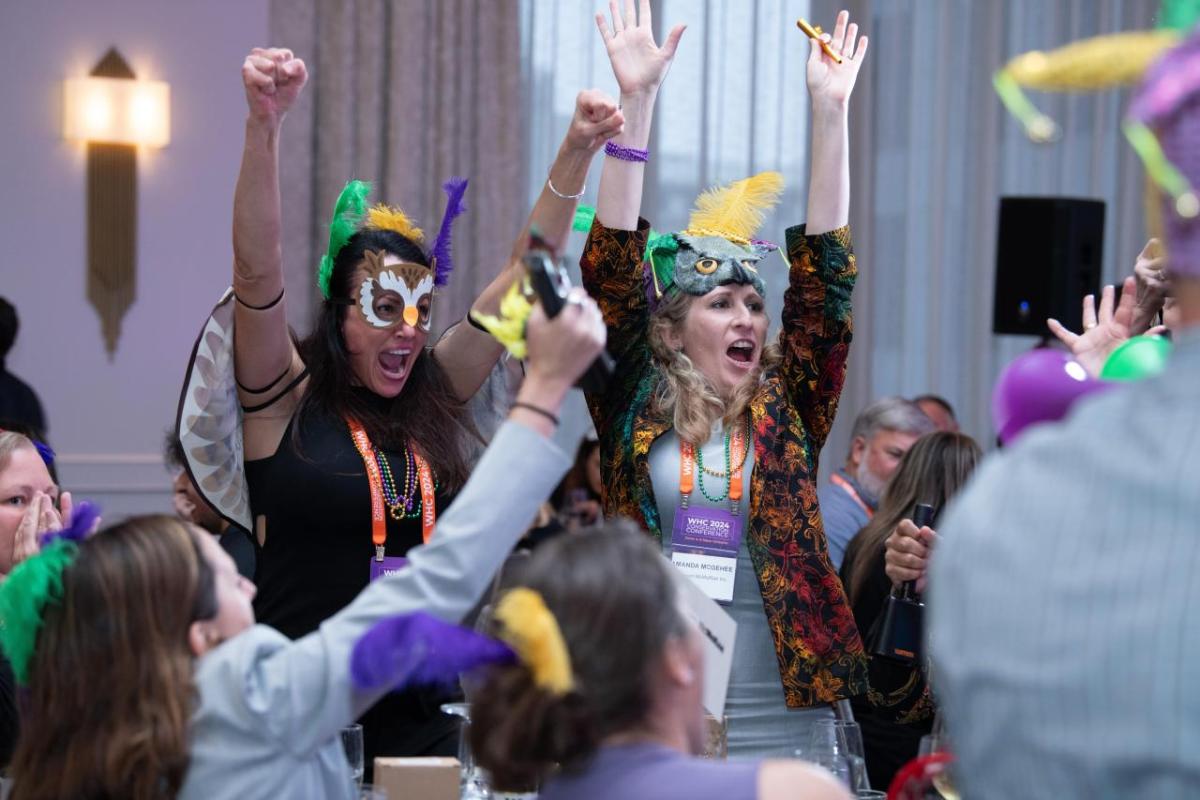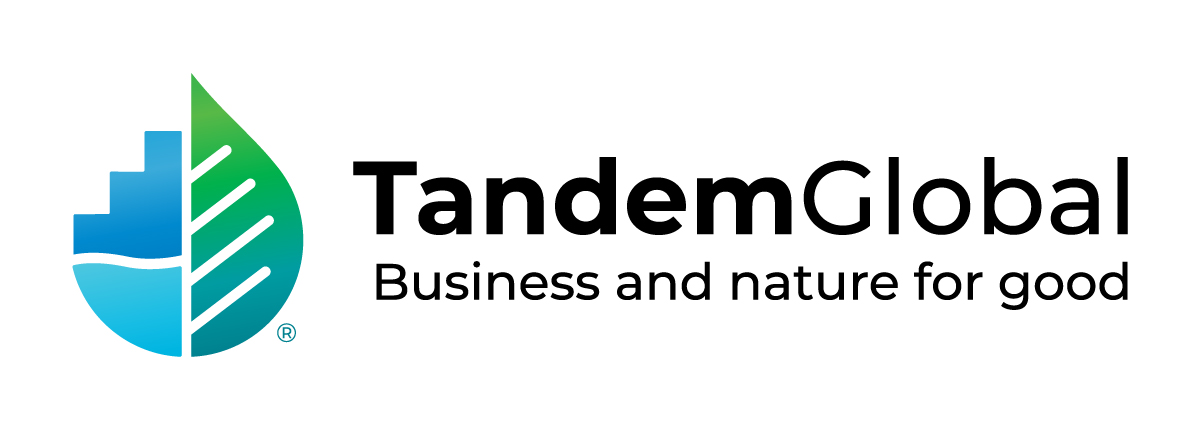Culture, History and Conservation Collide in New Orleans: Looking Back at WHC Conservation Conference 2024
For more than 30 years, WHC (Wildlife Habitat Council) has been convening professionals working at the intersection of business and biodiversity. As the only international non-profit enabling private sector action for nature, WHC recognizes the importance of partnership and collaboration to facilitate effective conservation efforts worldwide.
The annual WHC Conservation Conference provides the opportunity for corporate professionals and partners working in the nature space to make valuable connections, learn from each other and celebrate the successes of the past year. Previously hosted in Baltimore, Maryland, and Detroit, Michigan, the 2024 WHC Conservation Conference was held for the first time in New Orleans, Louisiana — a city rich with culture as well as groundbreaking conservation efforts to support climate change mitigation, green infrastructure integration and community involvement in sustainability efforts.
Keynote speakers inspiring action
Matthew Cappucci, stormchaser, meteorologist and author of Looking Up: The True Adventures of a Storm-Chasing Weather Nerd, treated attendees to a captivating multimedia presentation in which he traced his career journey from his interest in weather at an early age to becoming his high school’s de facto weatherman to unexpectedly forging a college program. True to his fame as a stormchaser, Cappucci shared videos from his experiences that practically put the audience into the middle of extreme storms. His discussion of his educational experience reinforced the critical nature of accessible STEM education, with corporate audience members taking home the message that today’s students are tomorrow’s trailblazers in science and sustainability.
To illustrate the vast nature of conservation work happening in the New Orleans area, Chuck Morse, Executive Director of Thrive New Orleans, opened the conference with a keynote presentation expounding on the social, environmental and economic impacts of on-the-ground conservation work, as exemplified in New Orleans. Thrive was developed post-Hurricane Katrina to restore neighborhoods for community members returning to the city in the wake of the storm. Morse shared how workforce development is key for Thrive’s environmental efforts, by empowering community members to access career paths in sustainability. “Progress moves at the speed of trust,” Morse explained, emphasizing the importance of engaging with community wisdom when developing wide-reaching conservation plans.
Adding to the conference’s slate of expert speakers was WHC President Margaret O’Gorman, who presented her annual State of Corporate Conservation address reflecting on the value of time when it comes to conservation efforts. In her address, O’Gorman recounted memorable conservation stories from members over the past year, such as Ontario Power Generation’s innovative use of drone imagery to monitor invasive species and the discovery of the New Guinea singing dog at a Freeport-McMoRan site in Indonesia. She also recognized the long-standing tenure of WHC members Covia, Vulcan Materials and WM, all marking 35 years of membership.
Galvanizing corporate and community support to meet Louisiana-specific needs
Continuing to make the most of this year’s host location, a panel comprised of representatives from several Louisiana organizations convened to discuss how collaborative partnerships are benefitting the region’s specific needs. Traci Birch, Associate Director of the LSU Coastal Ecosystem Design Studio, facilitated the discussion, which touched on exacerbated climate change impacts and the sheer amount of port-based commerce happening in the state. Two major themes reiterated by members of the panel were the need to build resilient infrastructure and the crucial involvement of community partners to make a positive impact.
Davie Breaux, Deputy Port Director of Port Fourchon, shared examples of green infrastructure and wetlands restoration contributing to the region’s resilience, as well as the value of partnerships for efforts such as emissions monitoring. Susannah Burley, Founder and Executive Director of Sustaining Our Urban Landscape (SOUL) traced how the original creation of New Orleans led to massive deforestation. Burley explained that New Orleans’ tree canopy percentage ranks the lowest of eight nearby cities, and since the city’s low-lying coastal location makes it more susceptible to climate change impacts, reforestation is a crucial need. Chuck Morse of Thrive NOLA returned to further discuss the importance of community engagement.
Supporting women working in the corporate conservation space
WHC Conservation Conference 2024 included the inaugural in-person meeting of Elevate, sponsored by CRH, WHC’s professional network for women working in business and nature. Elevate, formed earlier this year, aims to support women in sustainability roles by facilitating open forums of discussion, providing mentorship opportunities and bringing women together to address the challenges and embrace the opportunities of working in the corporate conservation space.
Chris May, SVP, Safety, Health & Environment of CRH Americas and Livonia Mitchell, VP of Engagement and Impact at CRH, participated in a question-and-answer session facilitated by WHC Chief Science and Innovation Officer Anna Willingshofer. The women shared insights into navigating male-dominated fields, finding mentors, dealing with imposter syndrome and more. Following this engaging Q&A, members of Elevate had the chance to network in person for the first time since the group’s formation, forming connections that will only help to strengthen the impact of women working in sustainability.
Recognizing and celebrating conservation successes
Throughout the two days of WHC Conservation Conference, individual corporate conservation projects were honored with the WHC Awards, which recognize stellar examples of conservation — from species protection to landscape restoration to community education and engagement and more. Around the U.S. and around the world, the 2024 WHC Award winners exemplify WHC’s belief that Every act of conservation matters®.
This year’s Conference closed with the always lively WHC Awards Dinner, at which the event’s sponsors were recognized and the winners of the final WHC Awards were announced. In addition to the presentation of the Corporate Conservation Leadership Award to WM, the Gold Program of the Year Award to WM’s El Sobrante Landfill and Wildlife Preserve, and the Employee Engagement Award to Freeport-McMoRan, the winner of the Ibis Award was also announced. Named for the bird that is often credited as the last to leave before a storm and the first to return, this honor recognizes a conservation program’s resilience in the face of unexpected challenges. This year, Occidental Petroleum Corporation’s Belle site won the Ibis Award. After refocusing employee efforts on legacy clean-up efforts, the Belle team engaged help from the community to support the program’s avian monitoring efforts, allowing them to achieve WHC Certification again after 13 years.
Companies’ pride in their accomplishments is always evident at the WHC Awards Dinner, with attendees bringing festive noisemakers, New Orleans-themed costume pieces and intricate table decorations to show their team spirit — and bid for the WHC Spirit Award. This year, the competition for this award was so fierce that it ended in a tie, with Summit Materials and Freeport-McMoRan bringing home the honor. It was a fitting end to an event focusing on the importance of collective action and celebrating the accomplishments of dedicated corporations — and attendees left New Orleans feeling energized, enlightened and excited to meet again for WHC Conservation Conference 2025 in Detroit, Michigan.





